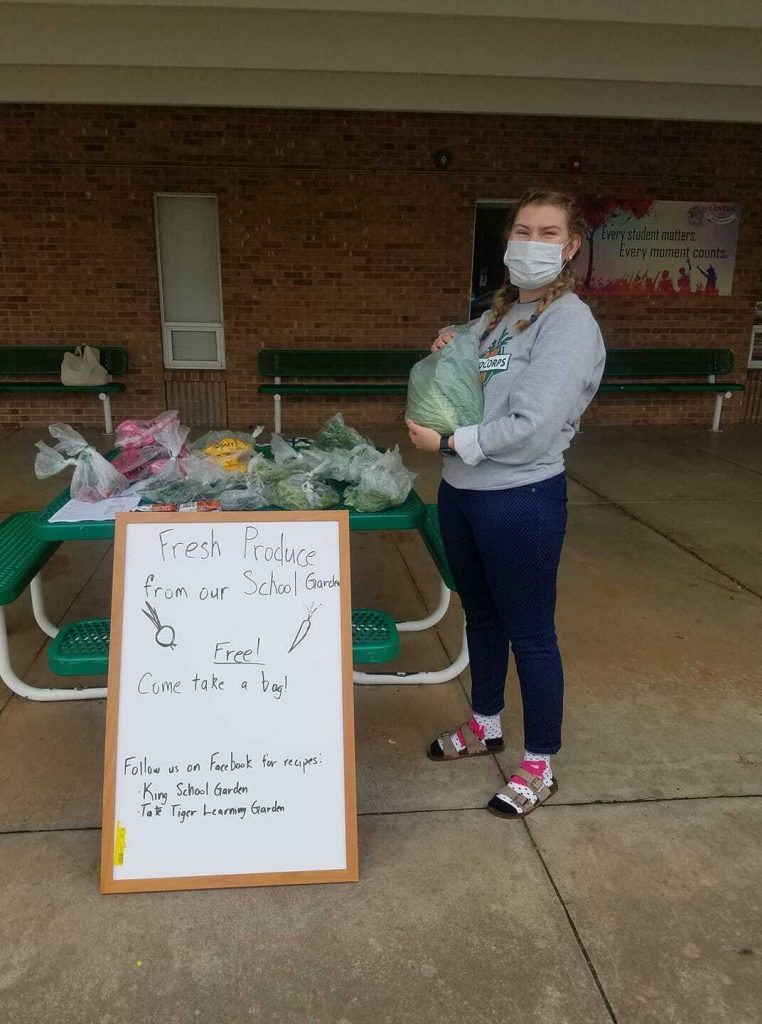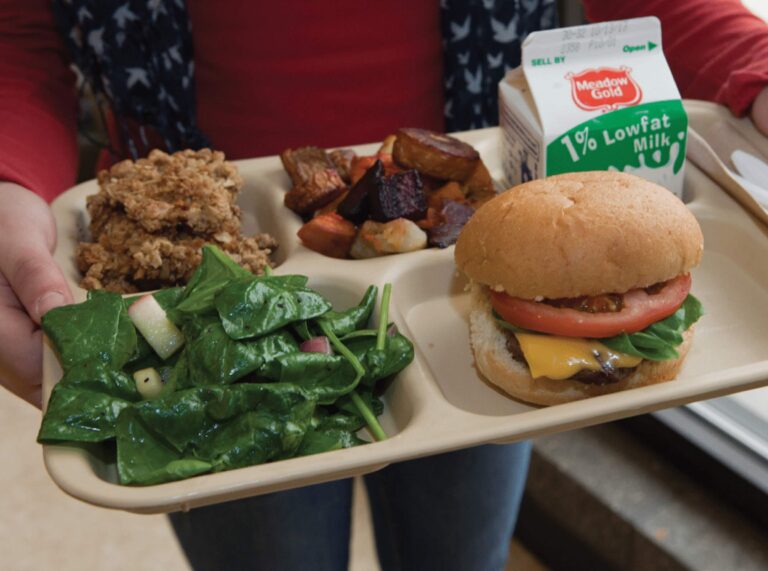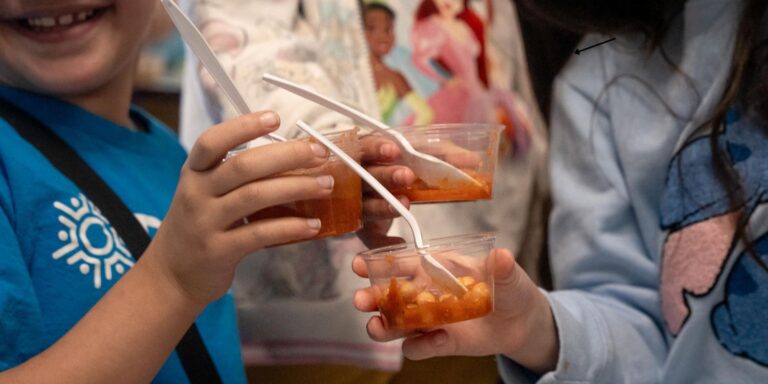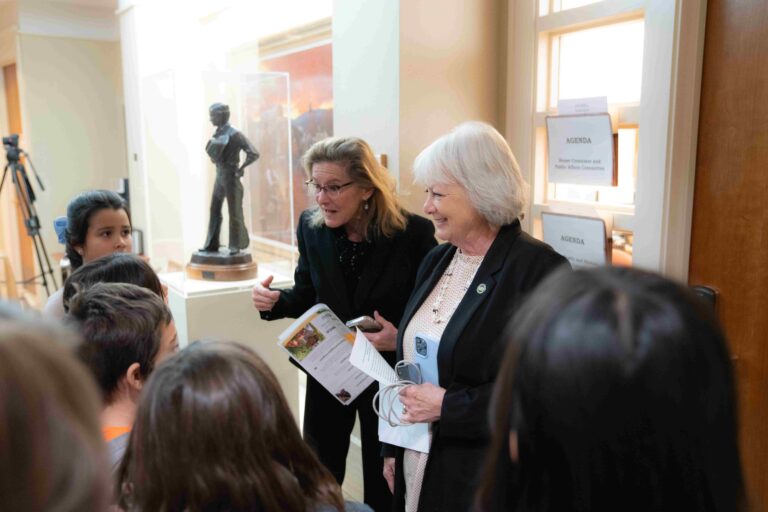What Are FoodCorps AmeriCorps Service Members Doing This School Year?
In the midst of an uncertain school year, we’re preparing for a variety of scenarios and making sure FoodCorps AmeriCorps service members are staying safe.
Join our corps! Applications for 2026-2027 are now open. Apply by March 30.
In the midst of an uncertain school year, we’re preparing for a variety of scenarios and making sure FoodCorps AmeriCorps service members are staying safe.

There has been a lot of conversation about whether or not schools should reopen in the fall, with very little consensus. Some districts are choosing to go completely virtual for the school year or a portion of it, while others are considering a three-day week and others are still undecided. In the midst of this uncertainty, we’re preparing for a variety of situations and making sure that FoodCorps AmeriCorps service members are staying safe for their year of service.
Here are some ways that service members are preparing to provide nutritional, academic, and social and emotional support during this unprecedented school year. Service members may do a combination of these things, depending on the needs of the school or district.
School meals are being served whether or not school is in session. When students are in school, FoodCorps service members can support school nutrition staff with breakfast, lunch, and other meal programs in classrooms and cafeterias. They can also assist in meal packing and distribution for students and families when students are out of school or learning virtually.
If school has resumed, FoodCorps service members can lead hands-on learning in school gardens and help build and maintain these gardens as a place for students, parents, and the community to gather and learn. Not only can these spaces support social distancing guidelines, they are also valuable as therapeutic spaces that provide food and comfort for families and kids experiencing trauma, uncertainty, and stress. A garden space also provides opportunities for physical activity when shared playground equipment may not be available for student use. When school is in session service members are trained to lead safe, engaging learning in the classroom, including during meal time.
Service members are equipped to guide students to explore cooking and gardening at home by creating videos and virtual lessons. Almost 200 videos have already been created by service members to support home learning. Virtual lessons, like all FoodCorps lessons, connect to academic subjects such as math, science, and language arts. Some lessons focus on food culture or food justice, inviting families to discuss food traditions and favorite recipes in support of literacy and inquiry skills.
FoodCorps service members can assist with school health and safety protocols by joining existing school wellness committees and supporting the school’s reopening and safety plan. They can also do family outreach to ensure families know about school food protocols and health and wellness information.
After-school programs can be crucial for kids with working parents. Service members offer after-school programming and clubs like Sprout Scouts, which focuses on building gardening and nutrition skills. These clubs can be led outdoors to promote physical distancing guidelines.
Through these service areas, FoodCorps is committed to:
Food education works best when it reflects local food traditions and culture. Service members work with the community to develop student-centered instruction that promotes family and community knowledge and engagement. We seek to affirm and celebrate the identities of students—an effort that is especially important in the national movement to advance racial equity.
All FoodCorps lessons focus on building skills and knowledge related to science, health, nutrition, and wellness. Our educational approach emphasizes supporting students to build positive relationships, self-awareness, and responsible decision-making skills. We do this by creating space for students to reflect, connect, and be supported while they learn, all of which is key as students navigate trauma resulting from stress during this time.

3 Reasons We Need School Meals for All

Mindful Tasting: Eating with All 5 Senses

Our 2025 Child Nutrition Policy Year in Review